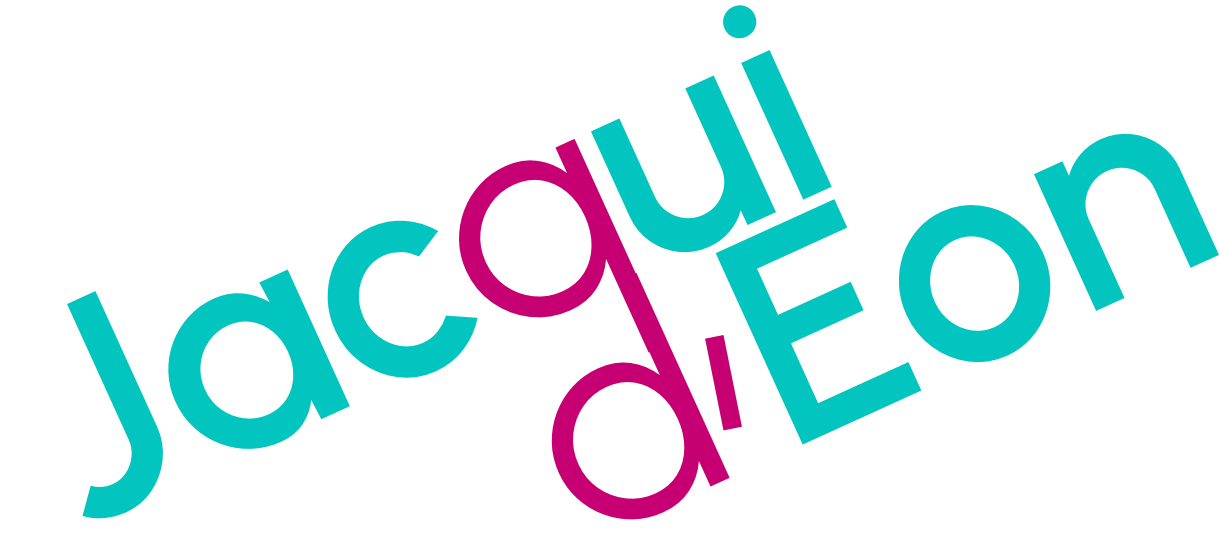When extra effort doesn't pay off

Vilfredo Pareto was a sage. Of course, he was also an engineer, social activist and an economist. He was the man who observed that 80% of the property of Italy was owned by 20% of the population. Since then, we have learned the Pareto Principle, otherwise known as the 80/20 rule, applies to a lot of things.
When I worked at P&G, the 80/20 rule was an important one because I was part of a community of perfectionists. We often had to remind ourselves that we had the "80 for the 20", meaning that to get ourselves from 80% to 100% would require 80% more effort.
Thinking of it in academic terms, once you had done enough to achieve a "B", getting your paper to an "A+" was going to take 80% more effort. For perfectionists, the "B" is rarely good enough. So, when perfectionists get to the "B" level, they need to step back and ask themselves, "Am I willing to take this to the next level?"
Note that this is not the same as settling for less than perfect. It means recognizing when the extra effort doesn’t have a payoff.
I am not good at doing this.
My strategy to combat it is to ask these questions:
- If I gave this work to someone today would it give them value?
- If I gave this presentation now, would people get the right takeaways?
- if I work on this more, what value am I adding?
- If I was unable to continue working on this, what would the consequence be?
- What else can I do to add value to this work beyond cosmetics? (I often spend hours editing and formatting my work.)
Have you applied the 80/20 rule to your work? What tips can you suggest?

